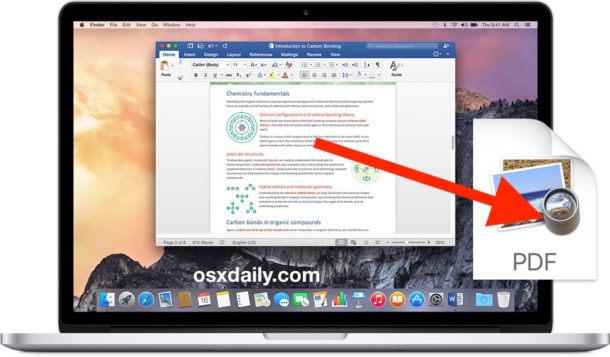Simple Fast Word Processor For Mac Os X
06.02.2019by admin
Edward Mendelson The Best Office Suites of 2018 Everyone knows Microsoft Office, but it's not your only choice for word processing, spreadsheets, and presentation software. These office suites are tops, whether you want local or cloud-based office functionality. The Prime Productivity Tool Once upon a time, an office suite was a cluster of rooms in a brick-and-mortar building in which people gathered on weekdays to type letters, hold meetings, calculate earnings, and design advertisements. Today, an office suite is a batch of on your desktop, laptop, or mobile device where you do all those things, either alone or in collaboration with other people doing similar things on their own devices. You're likely to do them at any hour of the day or night, wherever you happen to be. You've lost the water cooler, but, overall, you've probably gained in efficiency. Microsoft Office, whether installed as a standalone set of apps or as part of the subscription-based Office 365 service, is the colossus of office suites, one that much of the world uses by default.
Bean – A word processor for Mac OS X – Features, download Word processors for mac are either too simple and are too complicated or heavy, lighter one being the Textedit and heavy being the Microsoft word if you have the MS office installed in your mac. Mac Pages: Mastering Apple's Word Processing App 4.4 (333 ratings) Course Ratings are calculated from individual students’ ratings and a variety of other signals, like age of rating and reliability, to ensure that they reflect course quality fairly and accurately. TextEdit is a simple, open source word processor and text editor. It offers very basic functionality, but is bundled for free with OS X (it’s already in your Applications folder!) Often great for quickly viewing a file, but it won’t satisfy many advanced requirements. A set of office applications (including word processing, spreadsheet, presentation, and drawing programs) for Mac OS X. Freeware, open-source; based on the OpenOffice.org office suite. Siag Office Free office suite for X-Windows (Unix): contains a spreadsheet, a word processor and an animation program. Pages for OS X was updated to version 4.3 on December 4, 2012, to support Pages 1.7 for iOS, which was released on the same day. Pages for iOS 1.7.1 introduced better compatibility with Word and Pages for Mac, and version 1.7.2, released on March 7, 2013, merely added stability improvements and bugfixes.
Word Processor For Mac Snow Leopard
That doesn't mean that Office is necessarily the best suite for your specific purposes, so PCMag.com recently surveyed both Office and its major rivals from Apple, Google, Corel, and the Document Foundation. Some of these alternatives are free. Some, like Office itself, are more or less expensive depending on the version you choose. Some are resident only on your hard disk, others live partly or wholly in the cloud. If you're curious about alternatives to Microsoft Office, read on.
Three apps remain the core of every office suite, whether it comes from Microsoft of not. At base, an office suite is made up of a word processor, a spreadsheet, and a presentation app. Depending on the suite, and in some cases depending on which version of a suite you choose, you also get a mail and calendar app, a database manager, PDF editing software, a note-taking app,, and any of a dozen miscellaneous apps and services ranging from web conferencing through form-building. Home and business 2016 mac. Some suites have morphed into online services, so Microsoft Office exists both as the familiar desktop Word, Excel, and PowerPoint apps and as a subscription-based Office 365 service that comes in variously priced plans that include web-based features like real-time collaboration, online storage, and video conferencing.

Best Word Processor For Mac
What You Get in an Office Suite One thing that all of today's suites have in common is that their core apps—the word processors, spreadsheets, and —share a lot of their underlying code, so that, for example, the drawing tools in the presentation app are typically also available in reduced form in the word processor and spreadsheet. Also, the core apps typically share a similar interface, so you can move from one to the other without having to learn where to find basic features. For better or worse—and I think, on the whole, it's mostly for the better—Microsoft Office sets the standard for all other office suites, and all other suites let you save documents in Office's file formats. Every other suite on the market offers special advantages that Office itself can't provide. The Document Foundation's LibreOffice, for example, is fully open-source, so security-conscious users can be confident that their office apps aren't sharing data with Microsoft, Apple, or anyone else.